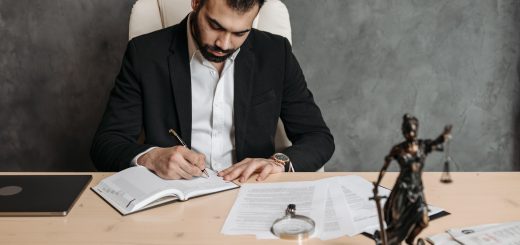How future law professionals can bridge social inequalities

On 26 November 2007, the General Assembly declared that, February 20 will be celebrated annually as the World Day of Social Justice. The theme for this year is “A Call for Social Justice in the Digital Economy”
The spread of COVID-19 pandemic has led to digital adoption across all sectors. Online presence is no longer a matter of time but a matter of surviving. From educational institutions to government bodies, from NGOs to corporate, we are living in a booming digital landscape.
In a digital-driven world, legal professionals will have to find new measures to maintain social justice. The pandemic has led to remote working arrangements enforcing the growth, rules, and perks of the digital economy. This has also exposed a stark contrast in ‘digital equality’ between developed nations and developing nations, especially in terms of availability, accessibility, and affordability of the internet and corresponding communication tools. This disparate division of the internet, the fundamental fuel in the post-COVID world is a prominent example of social inequality that we are facing.
On November 26, 2007 the General Assembly declared that, February 20 will be celebrated annually as the World Day of Social Justice. The theme for this year is “A Call for Social Justice in the Digital Economy.”
Therefore, legal professionals must arm themselves and the general public, regardless of the strata, with the laws and rights to uphold social justice. The question of protecting one’s rights is no longer suitable for personal discretions. Legal professionals and organisations should take significant steps in representing the vulnerable strata of our society. While law schools should prepare the next generation of professionals to amplify the voice of the marginalized and practice law with a social justice lens.
How can future law professionals curb societal inequalities?
Future lawyers should identify the disproportionate distribution of power across our society and empower the marginalized by effectively addressing their challenges and protecting their interests. Using their legal skills, they can work with the powerless to help them navigate the current judicial system and ensure that legal services are accessible and provided.
Law professionals must be empathetic, receptive, and compassionate. They must stand with the weaker sections of the society as guardians and fight for justice. In 1987, the Legal Services Authorities Act was enacted to give a statutory base to legal aid programs throughout the country on a uniform pattern. This Act was finally enforced on November 09, 1995. Article 39A of the Constitution of India stipulates that State shall promote justice based on equal opportunities, and offer free legal aid, by suitable legislation or schemes. This will ensure justice will not be denied to any citizen because of economic or other disability.
Legal Aid services must educate the poor and socially marginalized on the laws and human rights they have. For example, under Section 46 of the Criminal Procedure Code, a woman cannot be arrested before 6 AM and after 6 PM. The legal atrocities that happen to women simply because of their ignorance are shameful, yet we do not do anything because we are not aware. This can change once legal professionals start giving legal aid pro bono.
The responsibility of bridging the social gap lies on law schools. Students must be nurtured in a way that they deliver justice. Law schools must craft their pedagogy in a way that upholds the interests and the rights of the powerless so that law professionals can be in touch with the challenges and needs of society right from the get-go.
UPES School of Law integrates technical know-hows with interactive mode of learnings to enable students to address the current challenges and contribute towards a better legal and societal landscape. ‘Empathy’ is one of the strongest pillars of the meticulously crafted curriculum of this school, and hence, students are trained here to envision the world with a lens of equality, compassion, and commitment.
To ensure justice to the underprivileged, the UPES School of Law has also constituted a Legal Aid Clinic that provides pro bono legal services. The committee organises various legal awareness programmes across students and teachers in government schools to raise awareness on various societal problems and arm students with a problem-solving approach. The clinic also brings to the fore conversations regarding social inequality, thereby urging law students to find constructive solutions to socio-economic problems.



